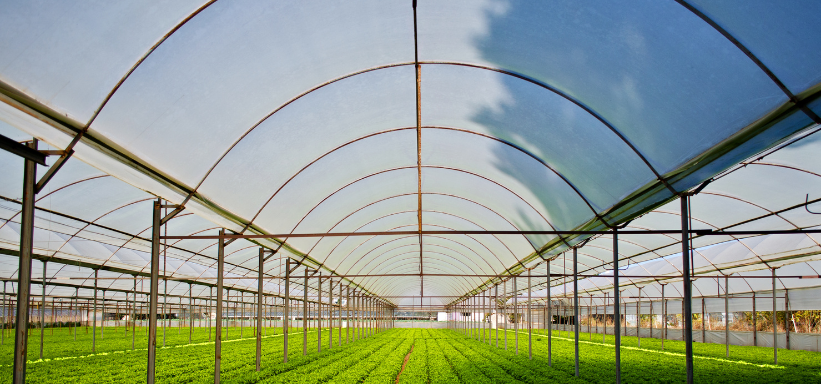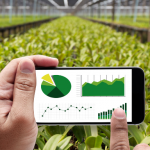Executive Summary
-
Sustainable agriculture funds are gaining traction as investors seek to align portfolios with environmental, social, and governance (ESG) principles.
-
These funds support innovative farming practices that increase productivity while reducing environmental impact.
-
Challenges include balancing profitability with sustainability and navigating regulatory landscapes.
-
Case studies reveal successful integration of sustainable practices in agriculture.
-
Expert insights highlight the importance of strategic investments in technology and education to drive sustainable farming forward.
Introduction
In an era where climate change and environmental degradation pose significant threats to global food security, sustainable agriculture has become a focal point for investors and policymakers alike. As the world population continues to grow, the demand for food production must be met without compromising the planet’s ecological balance. This article explores how sustainable agriculture funds are playing a pivotal role in reshaping the future of farming, emphasizing their relevance to investors, farmers, and policymakers. You will learn about the benefits, challenges, and strategic opportunities associated with these funds.
Definitions / Context
Sustainable agriculture funds are investment vehicles that allocate capital to farming practices designed to improve environmental health, economic profitability, and social equity. These funds typically invest in projects that promote soil health, water conservation, and biodiversity. Understanding these funds is crucial for aligning investment strategies with long-term sustainability goals.
Benefits / Pros
-
Environmental Impact
Sustainable agriculture funds encourage practices that reduce greenhouse gas emissions and enhance carbon sequestration. -
Economic Profitability
By investing in efficient farming technologies, these funds help increase yield and reduce input costs. -
Social Equity
Investments often target rural communities, creating jobs and supporting local economies.
Risks / Cons / Challenges
-
Profitability vs. Sustainability
Balancing financial returns with sustainable practices can be challenging, as initial costs may be high. -
Regulatory Challenges
Navigating diverse agricultural regulations across regions can complicate investment strategies. -
Market Volatility
Agricultural markets are susceptible to climate fluctuations, impacting fund performance.
How to Invest in Sustainable Agriculture Funds
-
Research Fund Options: Identify funds that align with your sustainability and financial goals.
-
Evaluate Fund Performance: Examine past performance, management expertise, and sustainability impact.
-
Consult Financial Advisors: Seek expert advice to understand risks and benefits.
-
Monitor Investments: Regularly review fund performance and impact metrics.
A notable example is the XYZ Sustainable Agriculture Fund, which invested in precision farming technology in Southeast Asia. By integrating sensor technology and data analytics, the fund helped local farmers increase crop yields by 20% while reducing water usage by 15%, demonstrating the potential of sustainable practices.
– XYZ Sustainable Agriculture Fund
Expert Tips / Strategic Insights
Experts recommend a focus on technology-driven solutions and education initiatives to enhance sustainable agriculture. Investments in AI-driven data analytics can optimize resource use and improve crop resilience. Additionally, fostering partnerships with educational institutions can drive innovation and skills development in agriculture.
Tools / Resources / Calculators
-
Sustainable Agriculture Checklist: A guide to evaluate potential investments.
-
Carbon Footprint Calculator: Assess the environmental impact of farming practices.
-
Investment Platforms: Resources like AgFunder and FarmTogether offer insights into sustainable agriculture investments.
Conclusion
Sustainable agriculture funds represent a crucial intersection of finance and environmental stewardship, offering a pathway to a more resilient and equitable global food system. By aligning investment strategies with sustainable practices, investors can contribute to a healthier planet while achieving financial returns. For a tailored approach to investing in sustainable agriculture, consider consulting with industry experts.























